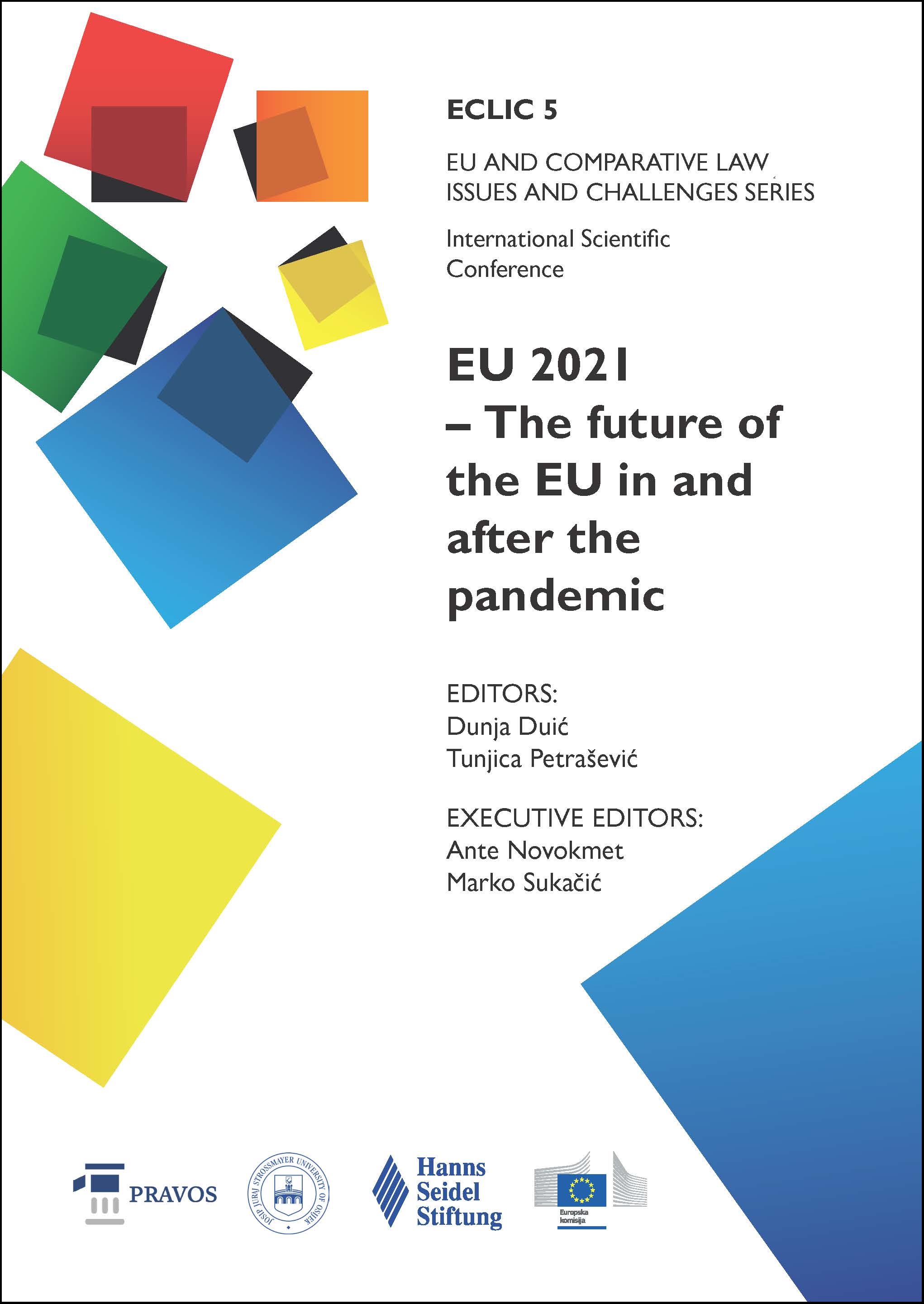PARLIAMENTARY ELECTORAL LEGISLATION – LAW vis á vis JUSTNESS OF ELECTORAL LEGISLATION IN THE REPUBLIC OF CROATIA IN THE PAST 20 YEARS
DOI:
https://doi.org/10.25234/eclic/18302Abstract
In the last twenty years, through the democratic development of the Republic of Croatia, the problem of modernizing parliamentary electoral legislation and the need and desire to create a better and fairer electoral system as a whole, which will bring the Republic of Croatia into European integration and the map of Western democracies comes “to the surface”. In order for the implementation of the political desire to join Western democracies and bring the Republic of Croatia closer to the European Union realize its full potential, the electoral system was changed in 1999, and since then seven elections have been held for the Croatian Parliament, and the Republic of Croatia has in the meantime become a full member of the European Union. On this democratic path and democratic-parliamentary progress of the Republic of Croatia, a constant and unchanged circumstance (parliamentary anomaly) was noticed, which the Constitutional Court warned about back in 2010, and that is the need to create a fairer electoral system, since these existing ones call into question legality and constitutionality of the election results (the warning which the Croatian Parliament still ignores). Therefore, in this paper, the authors, by analyzing the existing electoral system and comparing the 2000 and 2020 elections, identify its shortcomings, inconsistencies between the Act on Election of Representatives to the Croatian Parliament and the Act on Constituencies. Further analysis in this paper refers to the fact of imbalance in the number of voters in different constituencies in which an identical number of representatives is elected (malapportionment), and the lack of “justness” that allows issues of political engineering and forming post-election coalitions, as well as the possibility of representatives “entering” the Croatian Parliament with a minimum number of votes obtained. Also, the authors try to confirm the thesis that the existing electoral system of electing representatives to the Croatian Parliament as a legislative body of the Republic of Croatia needs to be made more just in order to completely fulfill its purpose of creating parliamentary democracy in accordance with the rule of law and the will of the people. In light of the above, the paper will compare and analyze the results of the aforementioned parliamentary elections and their shortcomings, and will provide an overview of the necessary changes and the creation of a future more just electoral system, which the Republic of Croatia certainly needs and which will reduce to a minimum the difference between law and justice in the procedures for the election of representatives to the Croatian Parliament.
Downloads
Published
How to Cite
Issue
Section
License
Copyright (c) 2021 Tomislav Dagen, Marijana Majnarić

This work is licensed under a Creative Commons Attribution-NonCommercial 4.0 International License.
Authors retain the copyright on the papers published in the Journal, but grant the right of first publication to the Journal. Papers accepted for publication or already published in ECLIC of the Faculty of Law in Osijek may be published by the author(s) in other publications only with proper notice of its previous publication in ECLIC.


